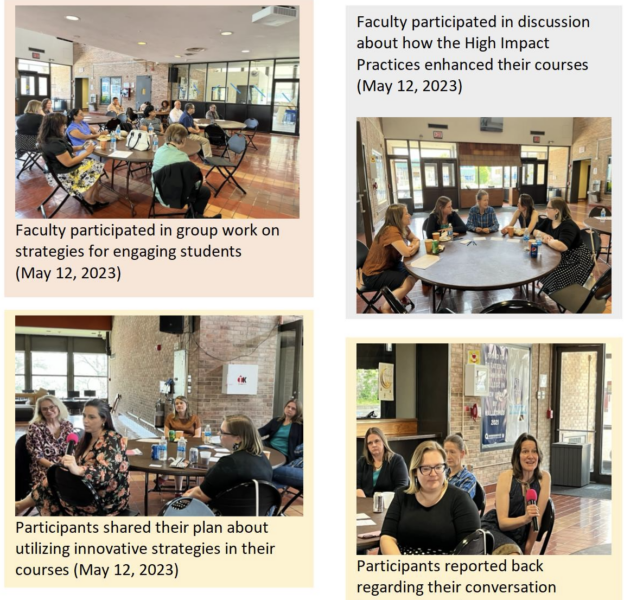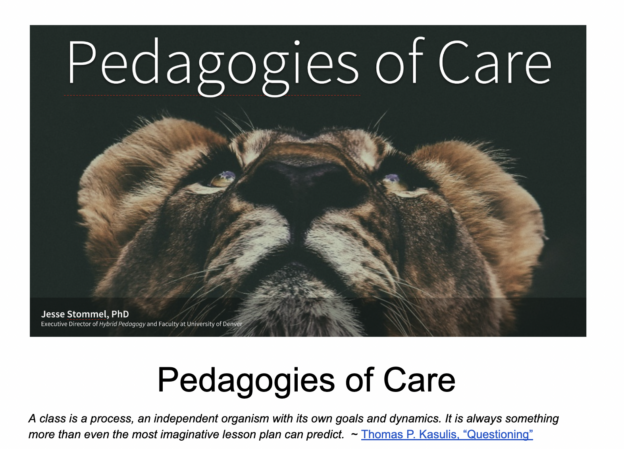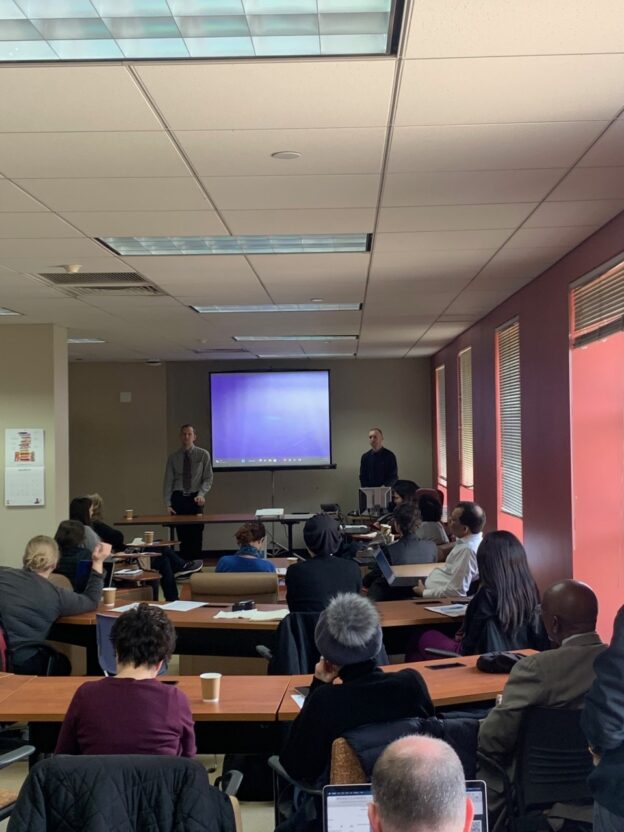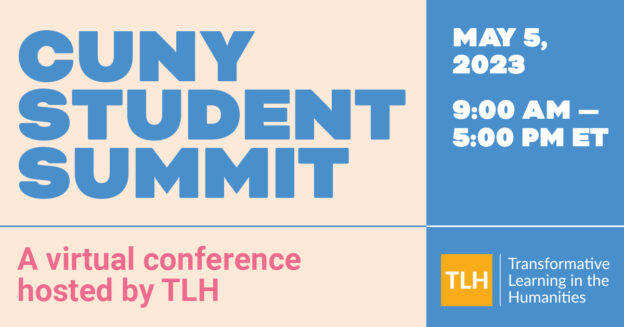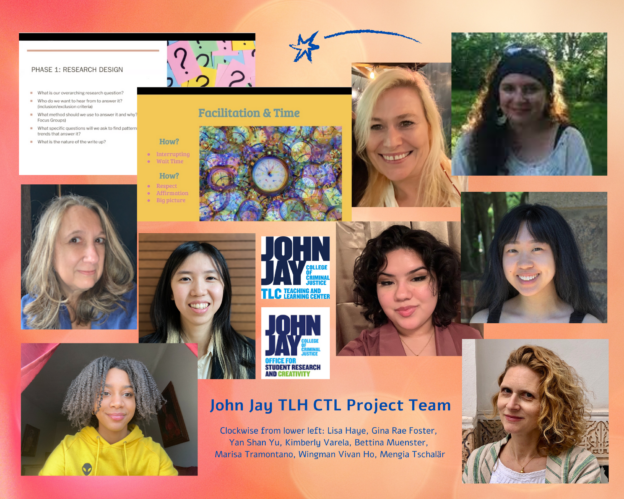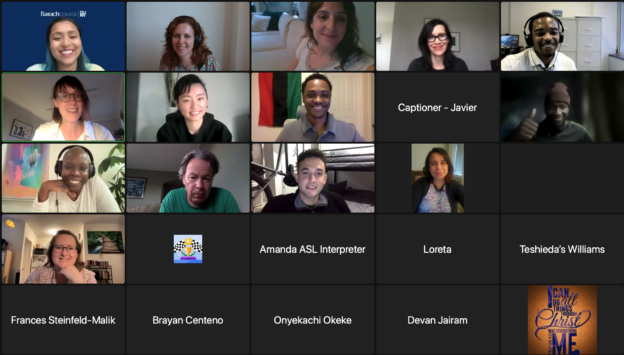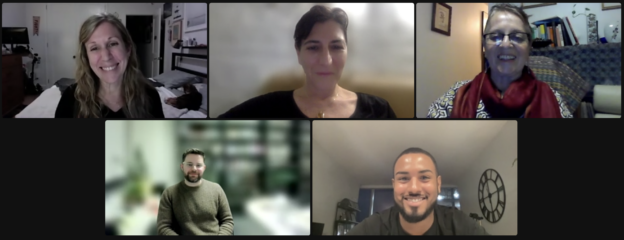Queensborough Community College’s operational plan includes a framework for fostering teaching excellence. Three faculty development events funded by CUNY TLH were hosted by The Center for Excellence in Teaching and Learning (CETL) in order to support the campus level implementation of student-centered pedagogies by fostering pedagogically sound knowledge, skills and abilities (KSA’s) and improve our faculty’s ability to teach more effectively.
The campus wide initiative on Teaching Excellence Forum & Speaker Series was planned by the Coordinators of High Impact Practices with a goal of fostering greater understanding among faculty about the need for refining their assignments, improving the design of their courses, gaining strategies for increasing student engagement, creating a respectful and inclusive classroom environment, utilizing pedagogical technology more comprehensively, and learning how to assess one’s classes for future improvement. Continue reading
